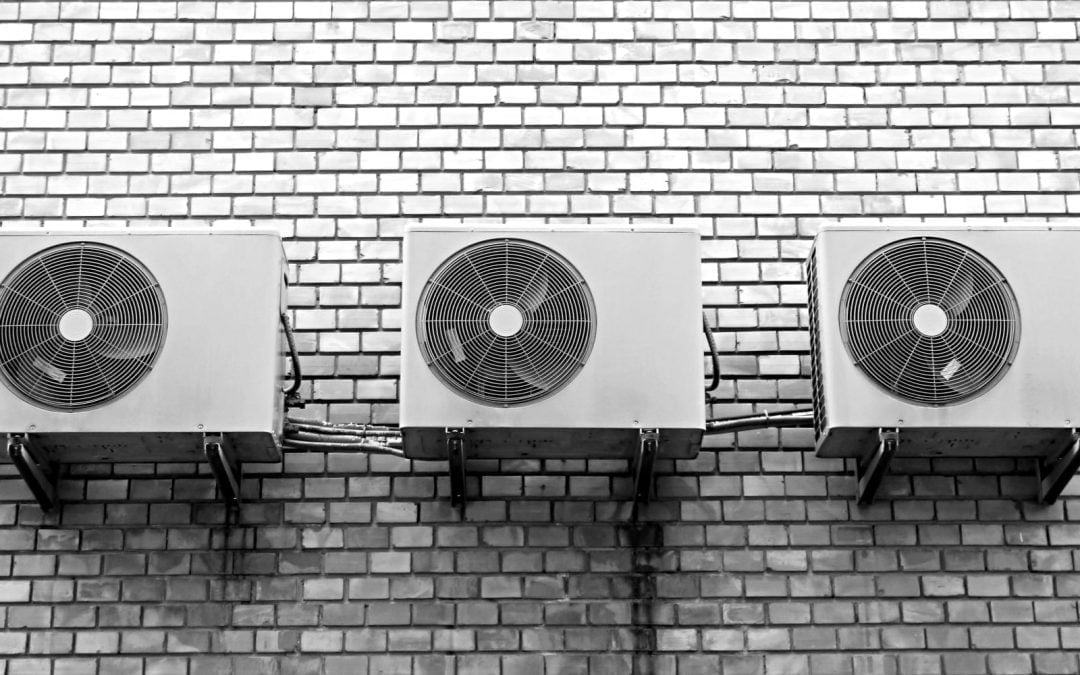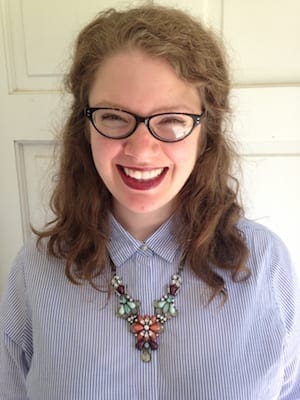The outside thermometer reads 93 degrees as I sit here and type, and the indoor: 74.
Actually, the thermostat is currently set to 78 degrees because as I did more research, I (re)learned that the official Energy.gov recommendation for daily air-conditioning use in the summer is 78 F.
Yes, you read that correctly.
For the past month, my husband, Aaron, and I have been enjoying a balmy 74 degrees indoors with only a little complaining, mostly from me at night.
His encouragement kept us on track, however, and here we are sort of willing to punch the thermostat up a few more degrees.
Maybe you’re wondering why our thermostat climbs with the summer temperature. Well, I’ll blame it on the pope.
A few summers ago, Pope Francis wrote an encyclical to all “people of good will” on “care for our common home” – Laudato Si, a 246-paragraph letter about climate change, consumerism and the ecological crisis.
I began my first year of divinity school a few months later, and the encyclical was assigned in most of my classes.
We studied this breaking historical document from every direction and discussed it over and over. Many of us are still talking about it.
It’s just that kind of letter: direct, loving, respectful and come-to-Jesus.
What I am stuck on right now is the letter’s very practical instruction and claim on my day-to-day living.
Pope Francis names an “ecological debt” that the global north owes to the global south (see paragraphs 51-55).
Driven by commerce, richer countries and companies infiltrate other countries, rape its resources and then leave with no thought of their mess.
This mess leaves entire countries, but especially its poor, in duress; sick soil cannot give food, toxic air cannot sustain infant lungs, and fracked mountains cannot bear the prayers of their people.
Profit drives all manner of evil.
And, as I sit securely, sip clean water in our air-conditioned parsonage and tap on a fairly up-to-date computer, I am eerily aware of how much those shadowed profits have benefited me.
I realize how those stolen minerals, ripped-off resources and externalized costs to my siblings in other parts of the world have cushioned my existence.
Their pain, loss of livelihood and our global climate crisis sit at my feet. I did not directly cause these enormous wicked problems, but, as Pope Francis helps me see, I am able to respond – I am called to respond – to this injustice.
In “Laudato Si,” Pope Francis declares that “developed countries ought to help pay this debt by significantly limiting their consumption of nonrenewable energy and by assisting poorer countries to support policies and programmes of sustainable development” (paragraph 52).
Essentially, those countries, corporations and brackets of peoples who so helped cause climate change – wittingly or unwittingly – have an intrinsic responsibility to do something about it.
“We must continue to be aware that, regarding climate change, there are differentiated responsibilities,” he says (paragraph 52).
The road to holistic healing and well-being for the global community will be fair, but it will not be equal.
It will be fair as it brings down the powerful from their thrones and lifts up the lowly; filling the hungry with good things and sending the rich away empty (Luke 1:52-53).
Which might just look like “roughing it” at 78 F during a Dallas summer.
“People may well have a growing ecological sensitivity, but it has not succeeded in changing their harmful habits of consumption which, rather than decreasing, appear to be growing all the more,” Pope Francis writes. “A simple example is the increasing use and power of air-conditioning.” (paragraph 55)
Of course, the Vatican is air-conditioned. But I do not think an abolition of AC is the pope’s goal.
Rather, his invitation is to an awareness of how our habits of consumption end up consuming our neighbors – human and otherwise.
When I started researching this air-conditioning conundrum, I found, as I mentioned above, that the official recommendation for daily thermostat settings in the summer by U.S. government authorities is 78 F.
That’s not for when the house is empty – 78 degrees is the setting for summer for life at home.
In fact, they recommend moving the temperature up 6 to 10 degrees if the house will be empty for six to eight hours for greater energy and financial savings.
Pope Francis’ words make me willing to make some changes to my life. I need to be willing to sweat a little if it means that collectively and over time my family in South America or cousins in Cape Town might have a better life. I owe it to them.
AC is not the devil. But it is an energy appliance that is majorly taken for granted. It is abused.
The gospel invitation, as always, is to a deeper awareness of our relationship with our neighbors – human and otherwise – and how our habits impact their well-being.
Editor’s note: A version of this article first appeared on her blog, For the Birds. It is used with permission.
Leanna Coyle-Carr graduated this May from Wake Forest University’s School of Divinity in Winston-Salem, North Carolina and now writes, gardens, and ministers alongside her husband in Dallas, Texas.


